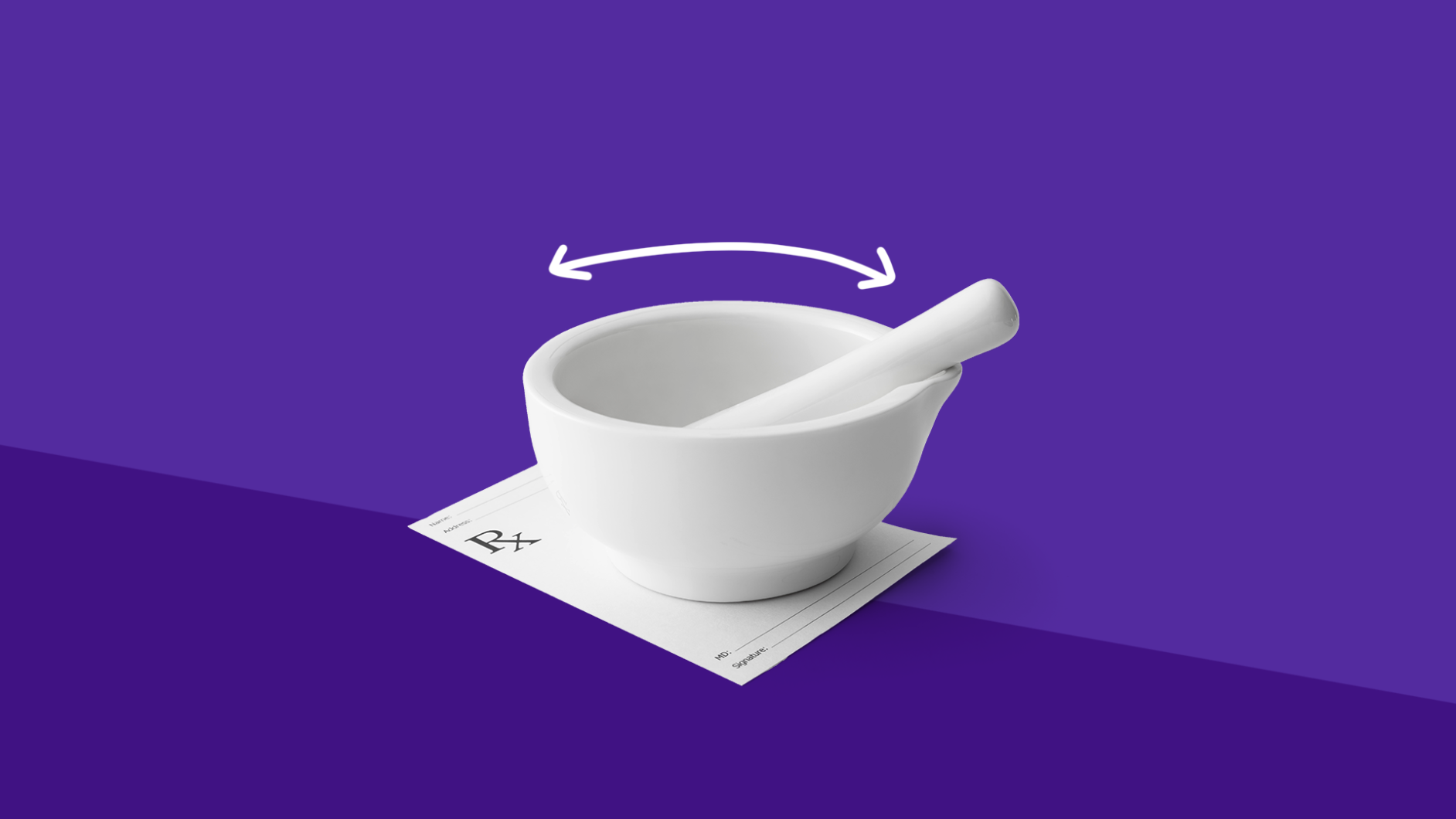Key takeaways
Pharmacy technicians assist licensed pharmacists with preparing prescriptions, customer service, and maintaining patient records, playing a crucial role in the pharmacy’s day-to-day operations.
The job outlook for pharmacy technicians is promising, with expected growth due to pharmacies expanding healthcare services like minute clinics and flu shot offerings.
Becoming a certified pharmacy technician typically requires a high school diploma, with many learning through on-the-job training or certification programs, though licensure requirements vary by state.
Pharmacy technicians work in a variety of settings beyond retail pharmacies, including hospitals, nursing homes, and mail order pharmacies, and their duties can extend to nights or long shifts depending on their workplace.
Pharmacy technician vs. pharmacist | Job outlook | How to become a pharmacy tech | Where you’d work | Pharmacy technician duties
Every time you pick up a prescription from a pharmacy, your pharmacist has gone through steps to ensure that you’re being given the right drug in the correct dosage. But did you know there’s also someone else working behind the scenes to keep the pharmacy running smoothly? Pharmacy technicians work alongside licensed pharmacists to prepare your prescriptions, assisting them in all the day-to-day tasks of the pharmacy, from handling medications to maintaining patient records.
Pharmacy technician vs. pharmacist
To the average pharmacy customer, the difference between a pharmacy technician and a pharmacist may not be obvious. They’re both people working behind the pharmacy counter to help with your prescriptions, but their duties vary. A pharmacist goes through rigorous training to learn in-depth drug knowledge so they can check prescription order for accuracy and advise patients on medication use. Pharmacy technician training varies by state. Their responsibilities typically include day-to-day tasks in the pharmacy, such as providing customer service, processing prescription insurance claims, and filling prescriptions.
RELATED: What do pharmacists do?
What’s the job outlook for pharmacy technicians?
According to the American Society of Health-System Pharmacists (ASHP), it’s a high-demand career. As pharmacies expand their healthcare services by opening minute clinics and offering flu shots, it’s projected that pharmacy technician job openings will continue to grow over the next ten years.
So what does it take to become a pharmacy technician, and how do they spend their days? Here’s everything you need to know.
How do you become a pharmacy technician?
If you’re interested in a pharmacy career, becoming a certified pharmacy technician (CPhT) is a fast track into the field. According to the U.S. Bureau of Labor Statistics (BLS), a high school diploma is the only mandatory qualification. Though some technicians enroll in technology certification programs at vocational schools or community colleges, a postsecondary degree isn’t required. Many pharmacy technicians learn from work experience in on-the-job training programs.
There are, however, licensure requirements for pharmacy technicians in most states to ensure they are well-educated in their field. Technicians are often certified through either the Pharmacy Technician Certification Board (PTCB) or the National Healthcareer Association (NHA) by passing a pharmacy technician certification exam or meeting other employment requirements.
Where do pharmacy technicians work?
Pharmacy technicians don’t just work in your neighborhood retail pharmacies and drugstores (though they can definitely be found there!). They also work in hospital settings, grocery stores, nursing homes or other long-term care facilities, prisons, veterinary hospital pharmacies, and mail order pharmacies. If you can fill a prescription somewhere, there’s probably a pharmacy technician working behind the counter.
Depending on the location, some technicians need to be able to work long shifts or even overnight hours (if pharmacy services are available to patients 24/7).
What does a pharmacy tech do?
According to the BLS, pharmacy technicians duties related to the dispensing of prescription medication, include:
- entering prescription orders into the pharmacy computer system;
- measuring, counting, and mixing medications;
- packaging and labeling prescriptions;
- performing medication inventories;
- verifying insurance information;
- and providing customer service by answering the phone, collecting payment, and referring customers to a pharmacist for medication questions.
They work under the direct supervision of licensed pharmacists, and though some technicians go on to become licensed pharmacists themselves, many choose to expand their specialization by continuing education in pharmacy automation or health information systems (like electronic medical records). They may also be promoted to supervisory roles, overseeing other technicians within the pharmacy.
Because of the job requirements, technicians typically need to be service-oriented, with strong interpersonal skills, solid math and organizational skills, and an eye for details. BLS reports that in May of 2018, the median annual pharmacy technician salary for full-time position was $32,700. If you like helping people, and want to work in a growth industry, a pharmacy technician career might be the right job for you!




